
About 12 years ago, a guy called Drew Houston was on a bus and wanted to access some files on his laptop. He then realized that he had them on an external storage, but he wished how good it would be if he could access his files even if they are in an external storage. He decided to mold his original idea into an external storage service and pursue the new concept. DropBox was created.
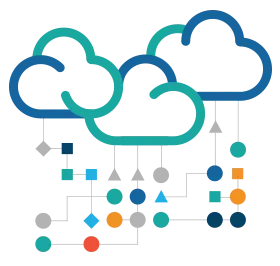
For those of you who are unfamiliar with DropBox, it’s a company that offers cloud storage, a service which allows users to store their data on a company’s servers for a fee; this data can be accessed through applications or dashboards provided by the company. Companies like Amazon, Apple, Google, and Microsoft all offer such a service.
The interesting thing about cloud services, including storage, is that there’s a good chance that just about every person reading this article has the ability to participate in the market but can’t.

That’s a pity because the cloud computing market is worth hundreds of billions of dollars.
It’s huge, but you’re excluded.
Cloud computing is a brilliant concept for major tech firms. Most of them possess an incredible amount of computing power and storage space. Quite often, a portion of these resources go unused as these companies by enough storage to ensure all unexpected traffic can be supported at all times.
Thus, these companies sell the ability to access some of that computing power or storage space. Something that used to be an expense has now become a major revenue source; in case of Amazon, it’s the key source of profits as their cloud services division, AWS, repeatedly earns a multiple of what the company’s e-commerce platform earns.
A Unique Monopoly
A company or group of companies are deemed a monopoly if they are the only ones that can sell a product of service. You, right now, probably have excess computing power or storage which could be used to bring you a passive income. However, you cannot participate in this market.

Not all monopolies exist because of government restrictions or corrupt social systems. Tech giants enjoy technological monopolies, which are earned through technical superiority over new market participants. Additionally, they are collectively able to build an oligopoly through their existing market reach and network.
In the cloud computing space, virtually every person can be a market participant. However, no individual has the ability to out-market or out-network companies like Amazon or Google. Thus, by virtue of their reach, they are the dominant players in one of the largest and fastest growing markets in the world; a market which, oddly enough, can support competition from anyone who has access to a basic laptop.
Things needn’t be this way.
A large number of startups are trying to build decentralized networks for various purposes. However, the cloud computing is a very organic front for blockchain technology.
Given that blockchains thrive on the network effect and that cloud computing services can be provided by anyone, the development of a decentralized network for cloud computing services is a very logical pursuit that an upcoming startup is pursuing. DeepCloud AI is approaching the Cloud market with the intent of delivering finalized products that thrive from the benefits that blockchain technology can provide.

This is a very long piece. If you prefer visual content over written content, you can watch the following video as it captures the key concepts of DeepCloud AI.
Integration of AI
Artificial intelligence is a good buzzword these days but there are operations in which algorithms can prove to be the key to success. DeepCloud AI aims to integrate artificial intelligence in the resource matching and optimization protocols of its network. Thus, using the service becomes easy and convenient.
Efficiency
As major tech firms’ cloud operations provide services from a centralized group of servers, they can easily optimize resource allocation. This, however, would be a key problem in a decentralized network. Given that the Cloud would draw computing power and storage from a vast and far-spread network of providers, matching clients with optimal supply would be an incredible challenge.
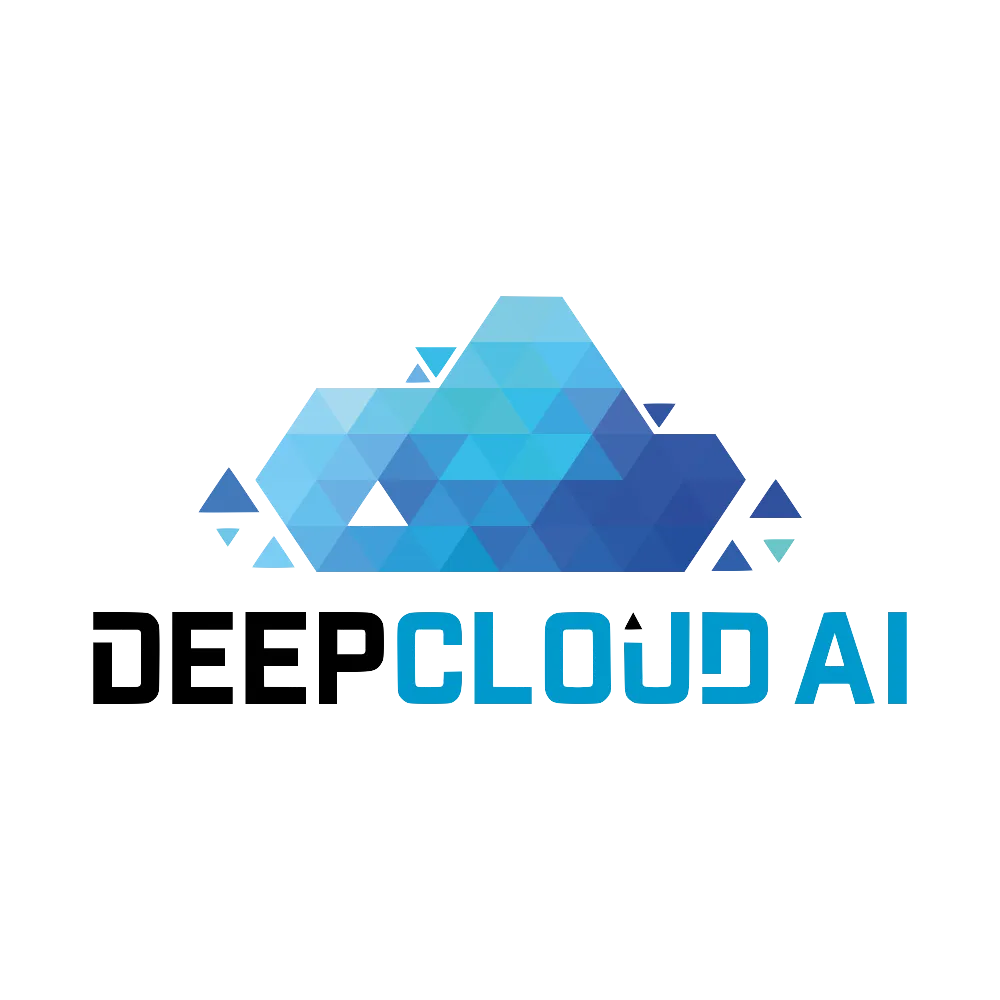
This is a problem AI integration can solve.
DeepCloud AI’s strength lies in its technological edge. It aims to utilize algorithms to match resource providers with the optimal resource consumers. Thus, the network is able to not waste resources while providing clients with a better experience. This is the epitome of efficiency.
Resource allocation at such a high scale is not possible by human means. Thus, the network will evolve algorithms to fulfill this feat.
Low Latency
A key factor of a decentralized network of computing power and storage is that resources can be fed to the network from all over the world. This is an incredible value additive for certain resource consumers.
Latency, which is the delay in data transfer after an instruction has been given, can be reduced to incredibly low levels if resource consumers get a supply close enough to the location of need. Such a service provision provides the highest quality of edge computing. Governments, enterprises, and even individual developers who need to operate with edge computing will be able to search for and utilize computation (or storage) resources as close to their point of need as possible.

DeepCloud AI is utilizing the collective value of a decentralized network to gain a competitive edge that centralized service providers can never have.
Made for Utility
A Cloud computing service can certainly capture a demand through price competition.

Beyond price competition, DeepCloud AI can compete by fulfilling a growing demand of edge computing. The IoT market is expected to grow beyond a trillion dollars soon and applications within this market can greatly benefit from edge computing providers. With its decentralized network, DeepCloud AI can fulfill the demands of the growing number of IoT applications that are particularly in demand by local governments’ municipal offices and by enterprises aiming to penetrate rural locations.
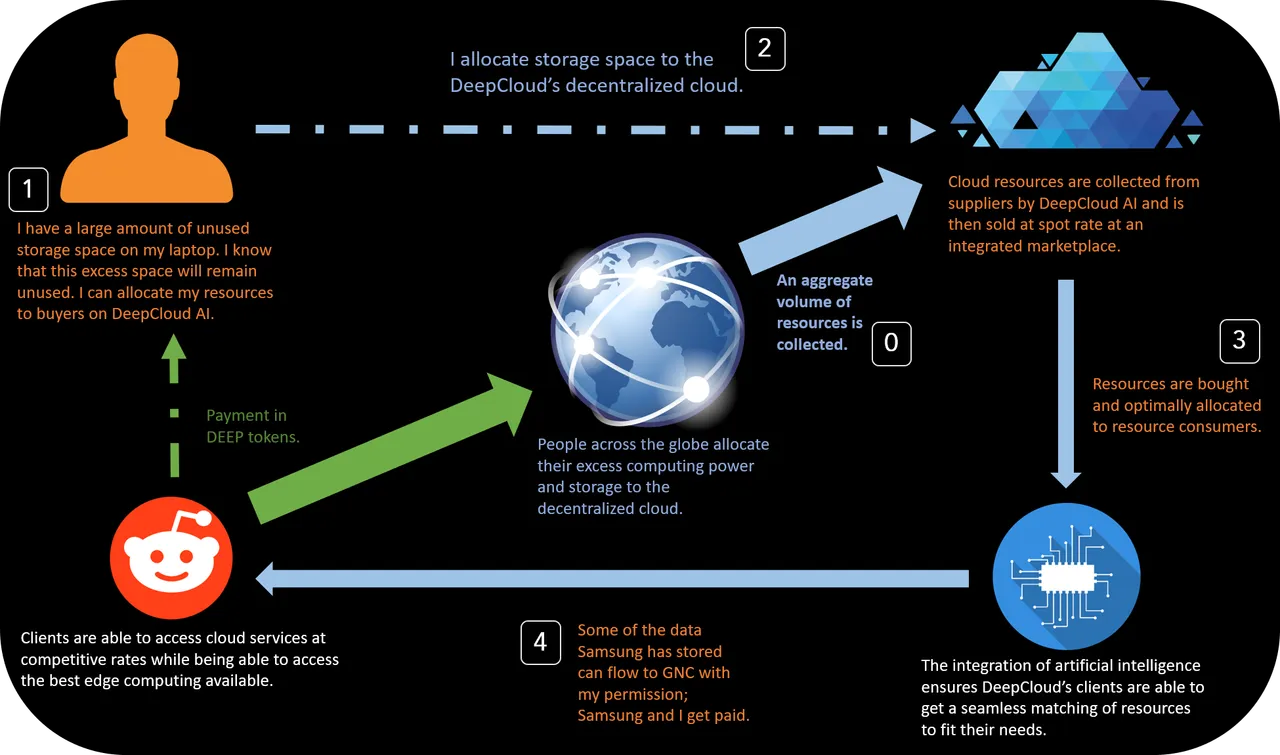
Fueling the IoT Boom
DeepCloud AI will leverage its ability to provide low latency in edge computing to help build the smart cities of tomorrow. The vast portion of centralized cloud providers are located in tech hubs or megalopolises. Technology, however, is moving forward across the globe and to fulfill the advancement in smart infrastructure at a massive scale that penetrates all regions of the world, optimal edge computing services will be in critical demand.
DeepCloud AI has already presented a demo of its ability to fulfill the demands of edge computing consumers.

A decentralized cloud network can provide cities with the computing resources and storage needed to carry the city’s technological infrastructure forward; it can enable them to integrate IoT services without concerns of computational collapse. While this is a major utility of a decentralized cloud network, the founders of DeepCloud AI have presented other highly successful utilities.
There is one utility a decentralized cloud network can provide that is increasingly in immediate demand by individuals, companies, and governments alike. The content you are reading right now is likely being delivered to you by a CDN, short for Content Delivery Network.
Immediate Use
When you consume any content, it can be delivered to you through two sources: the company’s own servers or a regionally located CDN. The CDN makes it possible for the content to be delivered at a much faster rate while improving both the quality of content and the audience’s experience. Almost every major website, application, or DApp uses a CDN, and the smaller ones are simply unable to use it due to cost.

CDNs are essentially localized servers which retain a cache of clients’ content and simply route the delivery of content from themselves rather than the company’s main servers. This allows CDNs to deliver content better to regions farther from content providers’ servers. However, the quality of service of CDNs can be improved by magnitudes if a decentralized network functions as a CDN. Rather than having one CDN for, say, all of Latin America, there could be many in each town in each country in Latin America.
The unused supply of resources in any home across the world can be used to power the most effective CDN network ever imagined. More on this in the video below.
Integrated Marketplace
Given the amount of computational power and resources that will be available on the network, there’ll be an innate need for a marketplace. DeepCloud AI thus integrates a marketplace to facilitate the purchase and sale of the computational power and storage.
Thus, the development isn’t for just a network, but also to build the market to draw capital into the network. Users across the world will be able to tap into the network and the subsequent marketplace. On the other hand, resource consumers will be able to easily access the marketplace to purchase and acquire the computing power and storage they need.
The facilitation of resource management will be handled by DeepCloud AI’s matching algorithms. Thus, the process of acquiring and utilizing the resources will be a seamless process as the resource consumers—enterprises, governments, or individual developers—won’t need to expense time or capital to properly allocate the purchased resources.
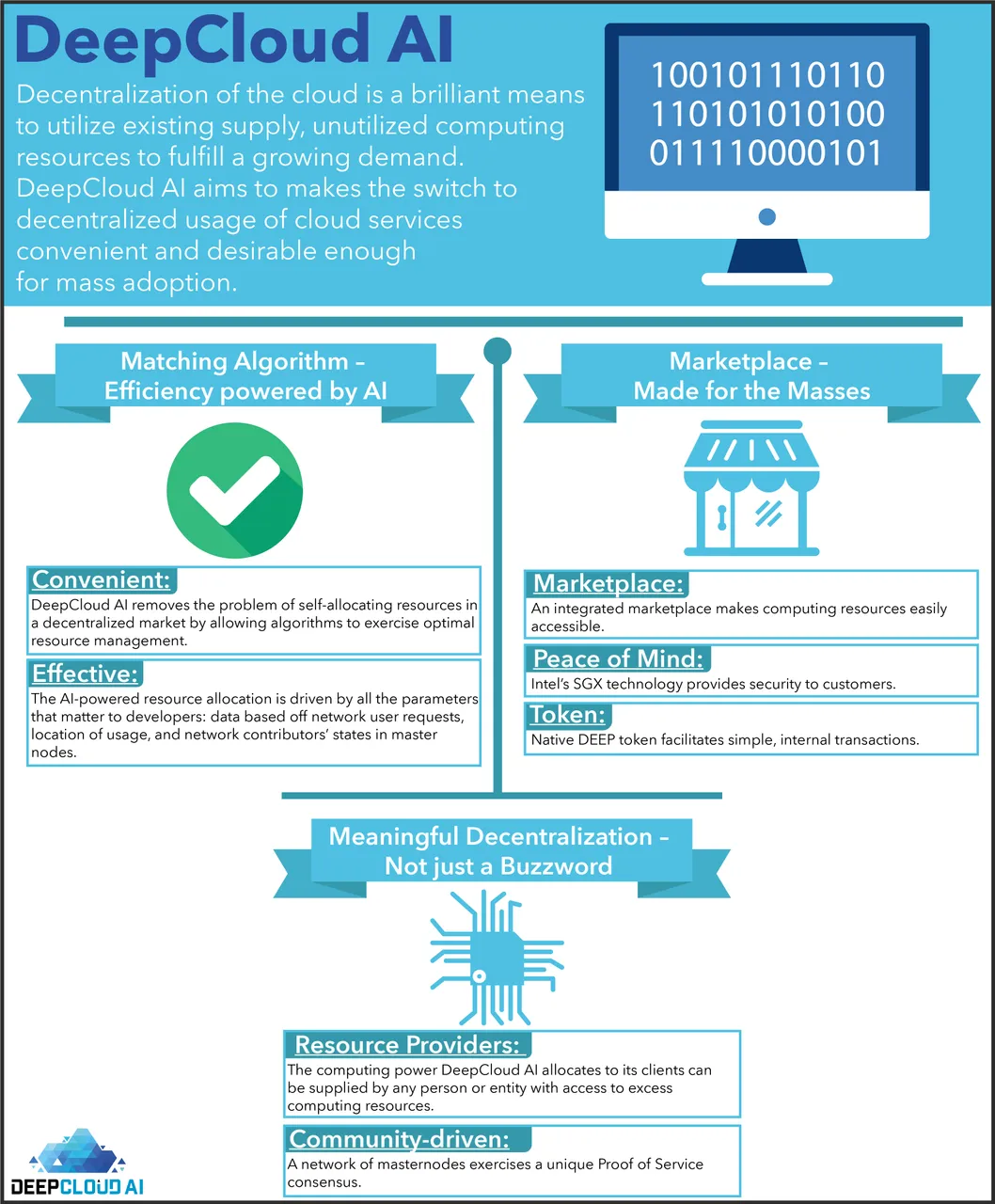
Beyond Computing Power and Storage
While blockchain technology will enable decentralization of the cloud network, it will also provide the means to provide applications that integrate the system’s technology.
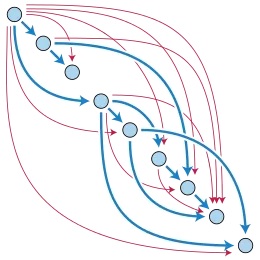
DeepCloud AI, thus, is building more than just the Cloud network. Its own blockchain will facilitate the infrastructure for the transactional throughput and scalability needed for the wide market it aims to serve. Moreover, as the system won’t serve only large suppliers and buyers of computing resources, a DAG layer will be implemented atop the blockchain to handle smaller transactions. Such a technological infrastructure can allow the network to fulfill maximum usage from both the supply and demand sides.

Beyond internalization of the transactions, the blockchain will enable an additional suit of utilities by providing audit trails for transactions, fraud detection, a consensus model, and more.
Secure Transfers
An additional benefit of blockchain technology that gives it such an incredible appeal even now is its security. Specifically, DeepCloud AI’s blockchain will enable the creation of a secure data transfer system. This can pave the path for powerful application development that integrates the benefits of a decentralized cloud system and blockchain technology.

DeepTransfer, a blockchain-secured data transfer channel, will be able to utilize DeepCloud’s infrastructure to move files securely. In the wake of the data breaches being witnessed these days, data security is a growing concern. Both consumers and enterprises are seeking a means to secure their information.
DeepTransfer’s free version will be a valuable data transfer option for the masses and the Premium version, which allows a larger capacity of data transfer, will suit the needs of enterprises while ensuring the system is able to draw in capital from them to support the community of resource providers.
DeepTransfer’s pro version is already being trialed by some of the DeepCloud AI’s clients. This shows that the startup has delivered a functional product built atop a decentralized, blockchain-enabled infrastructure that provides desirable value-additives that are currently unavailable in the market.
Essential Links
🌐 Website: https://www.deepcloudai.com/
💡 Whitepaper: https://www.deepcloudai.com/paper/Whitepaper_DeepCloud_AI_Version1_01_ENG.pdf
💻 Telegram: https://t.me/deepcloud_ai

Connect with me:
Bitcoin News Crypto Airdrops ICO List Crypto News Blockchain News
Blockchain Lawyers ICO Lawyers
